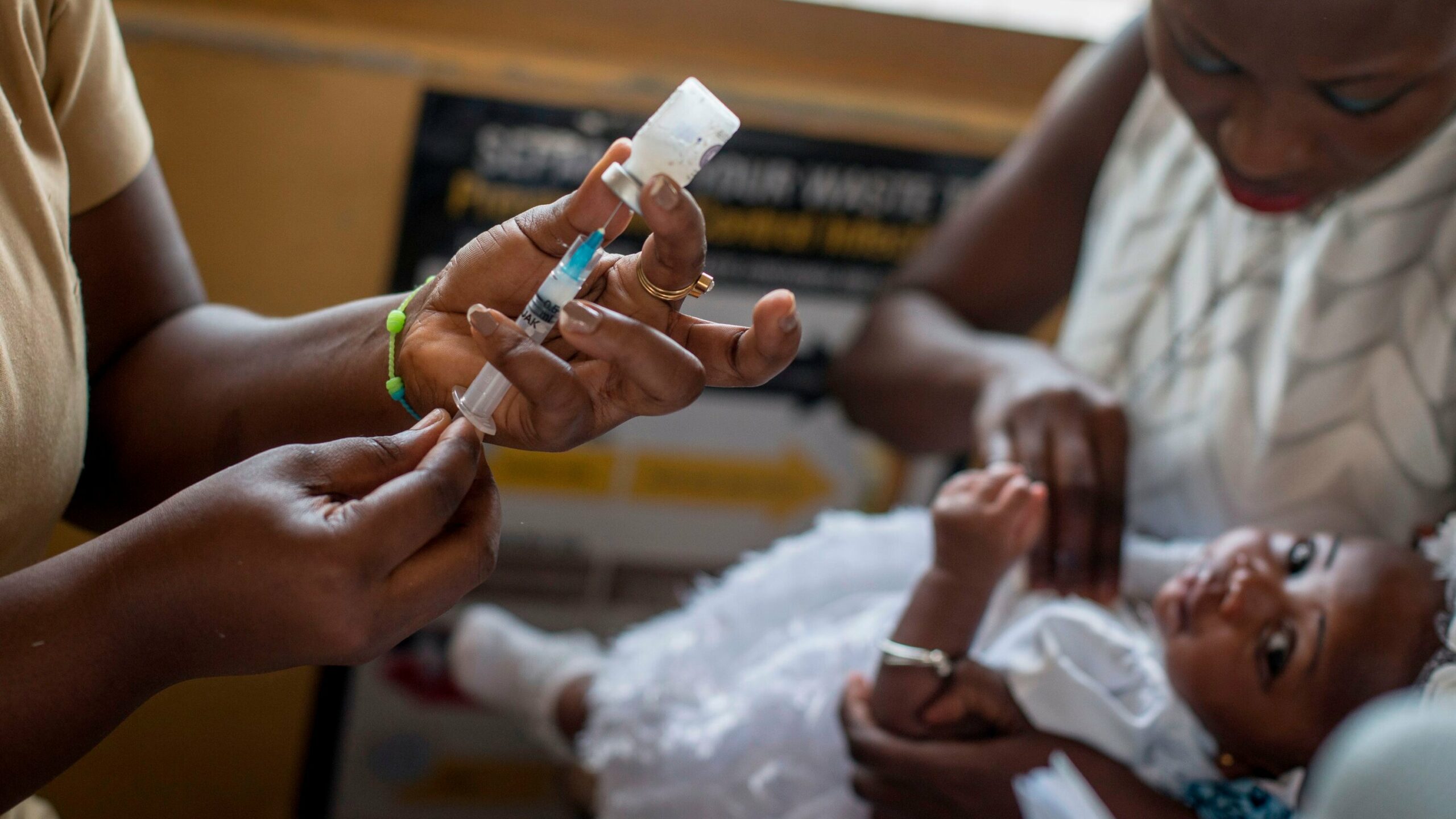The prospect of being compensated for allowing oneself to be infected with a disease like malaria may sound both audacious and unsettling. However, in the realm of medical research, this phenomenon is rooted in necessity and scientific inquiry. As malaria remains one of the deadliest infectious diseases globally, researchers are urgently seeking innovative solutions. This has led to the emergence of clinical trials where participants may receive remuneration for their involvement.
Participants in these trials are often exposed to the malaria parasite under controlled conditions. The rationale is multifaceted. Primarily, it allows scientists to better understand the lifecycle of the parasite, its mechanisms of action, and the host immune response. Such knowledge is crucial for developing effective vaccines and treatments. The advent of the first malaria vaccine, endorsed by the World Health Organization, signals the pressing need for rigorous investigations within this field.
A major incentive for individuals to partake in these studies is financial compensation, which can be quite substantial. Participants may receive payments that are commensurate with the level of risk involved and the duration of the study. This monetary motivation has attracted a diverse demographic, from college students seeking extra income to those with genuine interest in contributing to global health advancements.
However, these trials are not without ethical ramifications. The implications of intentionally infecting participants raise numerous questions about informed consent, risk management, and the ethical responsibility of ensuring the safety of those involved. Participants are usually provided with extensive pre-trial information, detailing potential side effects and the nature of their exposure. Furthermore, trials often include rigorous medical monitoring during and after the infection period to safeguard the health of the volunteers.
Moreover, the psychological toll of exposure to such a potentially life-threatening illness cannot be overlooked. The decision to participate may be influenced by factors such as economic necessity, a strong altruistic inclination, or a desire to be part of groundbreaking research. The duality of excitement and apprehension pervades the minds of many volunteers, imparting a complex layer to the decision-making process.
As the world continues to grapple with the ramifications of malaria, the convergence of monetary incentives and the urgent need for research underscores the allure of “getting paid to be infected.” It epitomizes a unique intersection of risk, reward, and scientific progress, and serves as a poignant reminder of the lengths to which humanity will go in the pursuit of health and knowledge. Each trial offers not just a chance for financial gain for the participants, but also a beacon of hope in the relentless fight against one of humanity’s oldest foes.
